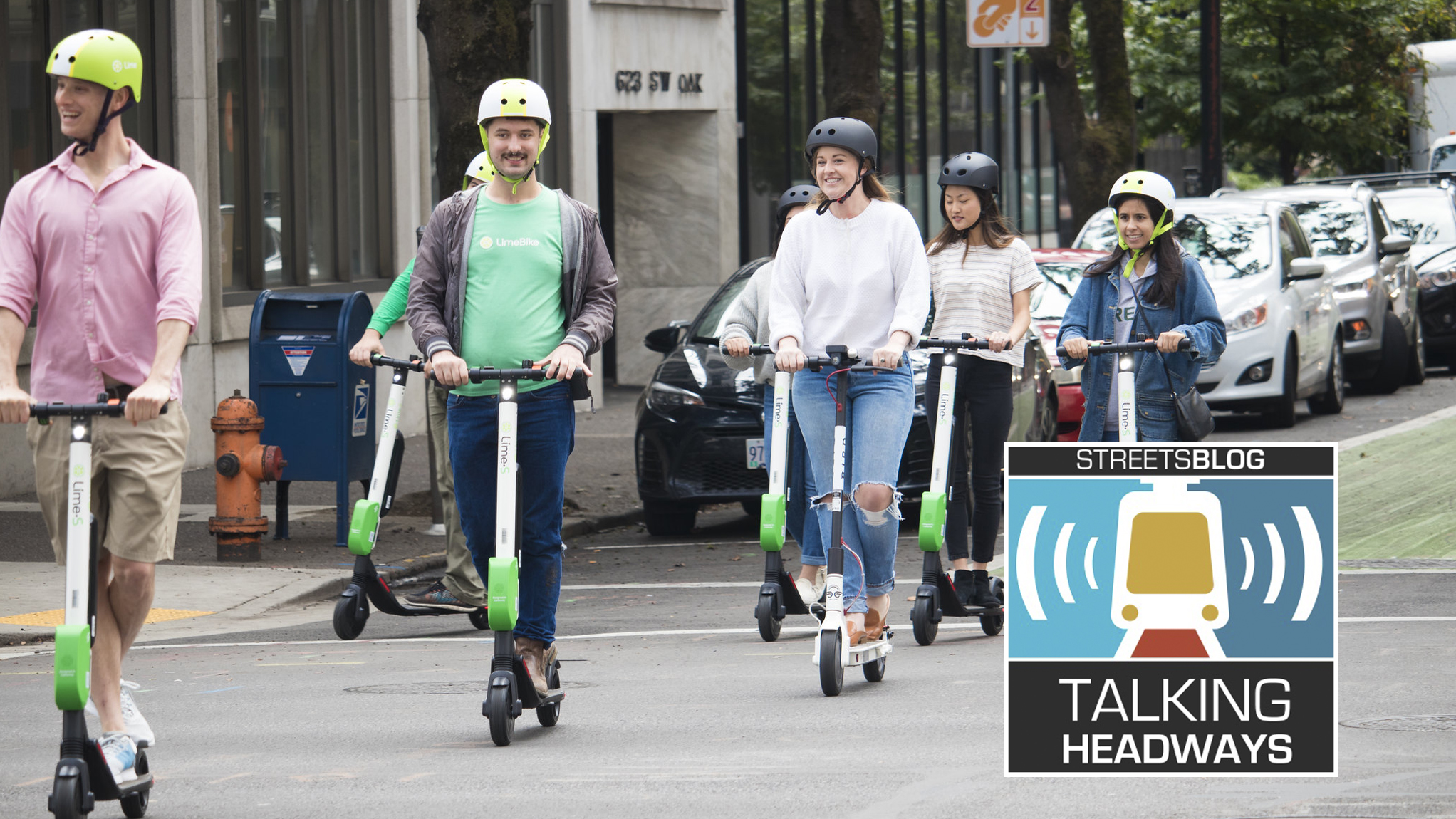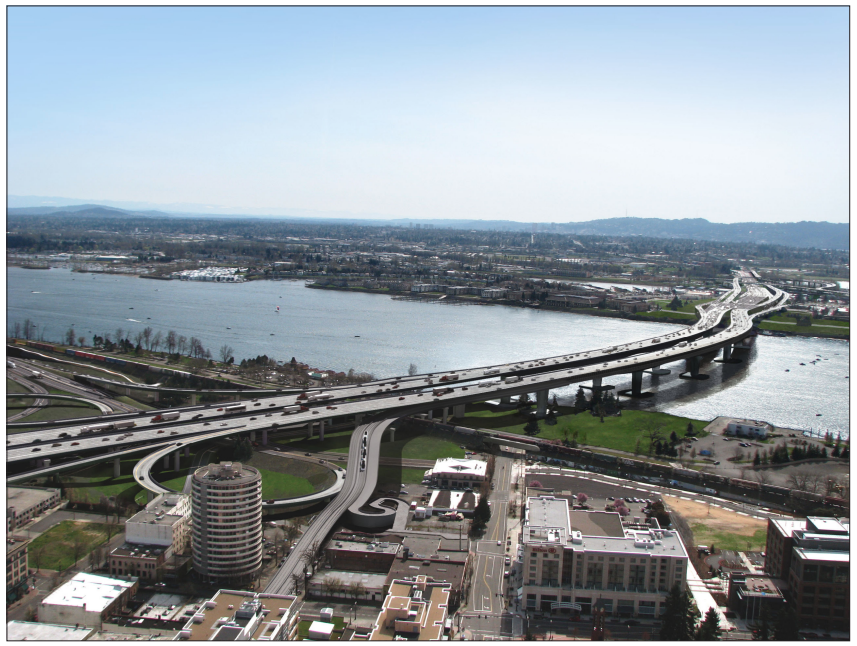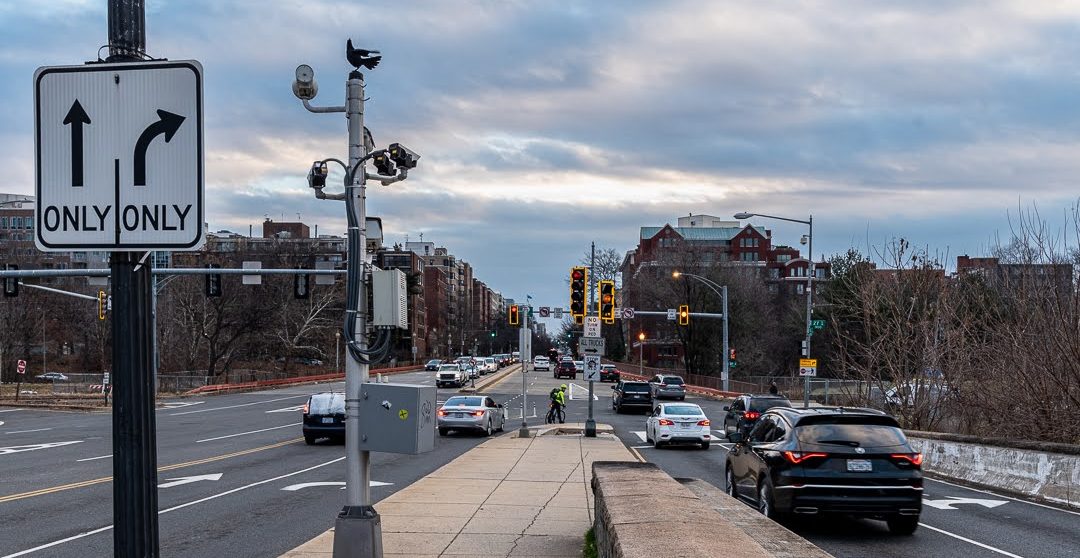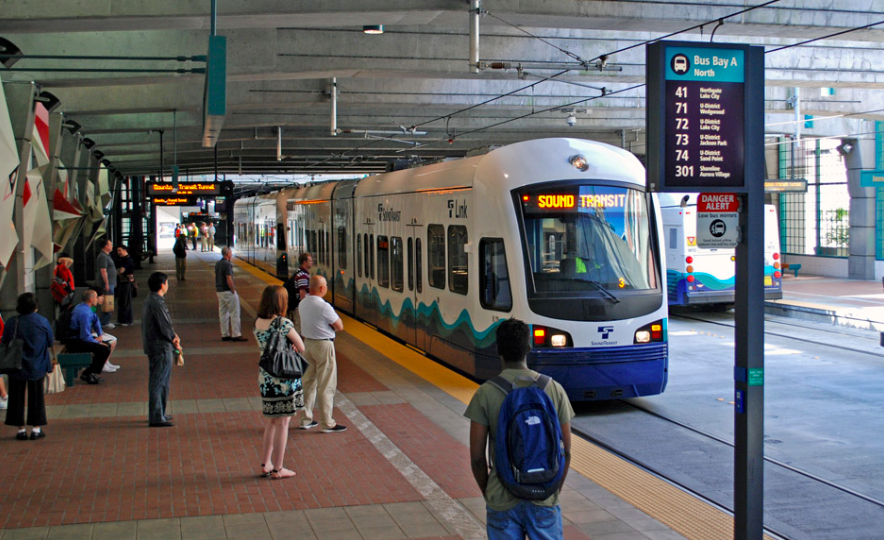In order to “address our insolvent transportation program and end the taxpayer bailouts of the Highway Trust Fund,” Rep. Scott Garrett (R-NJ) has introduced a bill to let states “opt out” of the federal transportation program altogether.
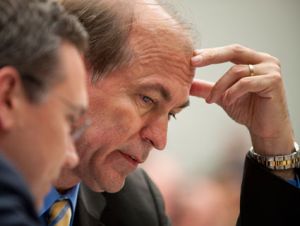
In true devolutionist fantasy style, Garrett says he wants to give states the option to forgo their transportation allocations and keep the 18.4 cents per gallon that now is charged as a federal tax.
It harkens back to the old griping from “donor” states that they pay more in gas taxes than they get back in formula funds, only there’s no such thing as a donor state anymore because of the constant stream of federal bailouts. Garrett says that's the target of his bill.
“For our children and our grandchildren’s future, we must put an end to Washington bailouts,” said Garrett upon introducing the bill. “On top of the bailouts to the banks and car companies, the hardworking American taxpayers have bailed out the Highway Trust Fund no less than three times over the last five years. It must stop.”
Garrett’s press release also notes that MAP-21 provided for $18.8 billion more from the general fund in 2013 and 2014.
He says letting states opt out of the federal program would “free up states’ transportation dollars from federal micromanagement” – though MAP-21 gave states an even longer leash than they’d asked for.
Giving states sole authority over the nation’s infrastructure is a funny way to “solve” the infrastructure funding problem. First of all, the recession has been brutally hard on states, forcing cuts to just about every program, no matter how essential. Second, virtually all states are constitutionally bound to balance their budgets. Maybe that’s Garrett’s big idea – states can’t run up deficits like the feds can, so let the states handle it. That’s a recipe for either massive cuts in infrastructure spending – fresh on the heels of the latest D+ from the American Society of Civil Engineers – or tax hikes.
Garrett's bill is almost definitely going nowhere (he introduced the same bill two years ago, and it died without any serious consideration), but it would be interesting to consider what would happen if his home state opted out of the federal transportation program.
While many states have been making up for the declining power of federal transportation funding by raising their own excise taxes, New Jersey isn't one of them. The gas tax there hasn’t been raised in 24 years. After Hurricane Sandy wreaked havoc on the state’s transportation infrastructure, Governor Chris Christie said he still opposed raising the gas tax. (He wanted money to repair the state's damaged infrastructure to come from the federal government.)
Even if New Jersey could keep the 18.4 cents-per-gallon instead of having the feds redistribute it, the state would still end up with less transportation funding than it gets now (since there's no such thing as a donor state). Meanwhile, Christie has been relying on borrowing and one-shot gimmicks -- like raiding funds set aside for the ARC transit tunnel -- in order to pay for roads. Needless to say, that hasn't solved the state's transportation funding woes.
It looks like the two-thirds of New Jersey’s roads in poor or mediocre condition would just continue to deteriorate under Garrett’s plan.


